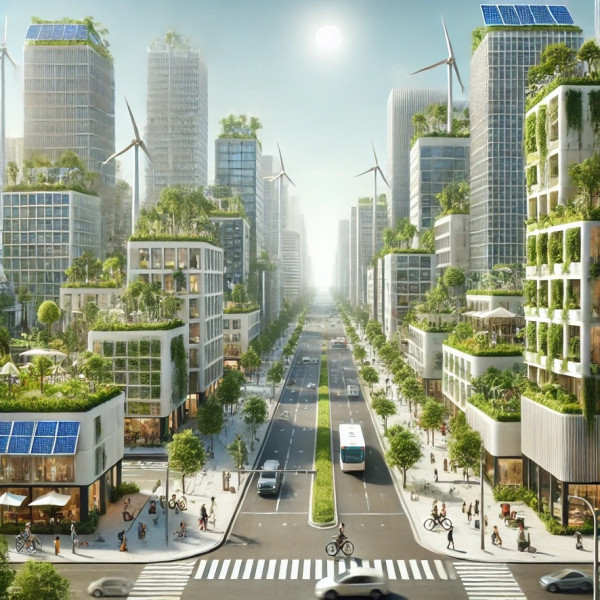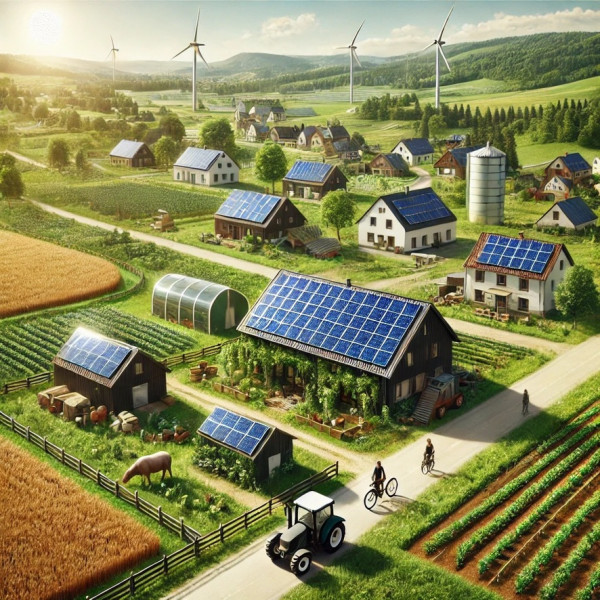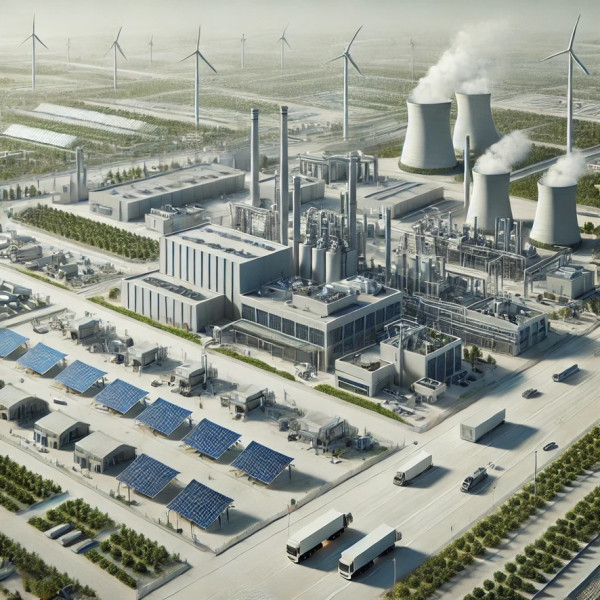

The organizers of the TICCIH 2025 Kiruna Congress supports and actively works with the 17 UN sustainability development goals (SDG). The 2030 Agenda for Sustainable Development, adopted by all United Nations Member States in 2015, recognizes the role of culture and heritage in sustainable development. For instance, Goal 11.4 adresses the need to “Strengthen efforts to protect and safeguard the world’s cultural and natural heritage”.
However, the ongoing climate change is not only a threat to our cultural heritage, it is a global threat to the well-being of our entire planet. One major task is therefore the international collaboration to reduce greenhouse gas emissions globally and keep the increase under + 2 degrees Celsius compared to pre-industrial levels.
TICCIH’s partner organization ICOMOS (International Council on Monuments and Sites) decided on a Policy Guidance for Heritage and Development Actors in 2021 and at the GA2023 in Sydney Australia, a Sustainability Guide was published to help the delegates to think about a range of aspects regarding sustainability. This guide is also the basis for the recommendations given to all participants at the TICCIH Congress in Kiruna.
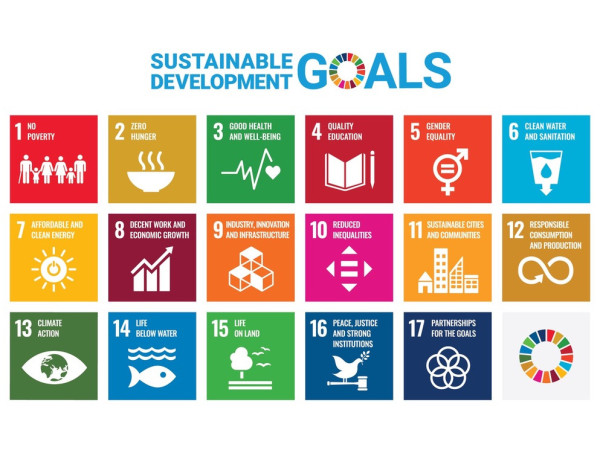
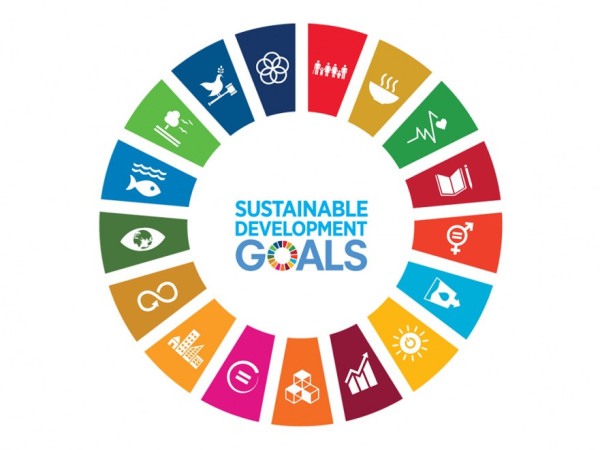
The organizers work actively to integrate all aspects of the principles of environmental, social and economic sustainability, also known as ESG (Environmental, Social, Governance), at the TICCIH Congress in Kiruna. In thus ensuring accessibility, inclusion and well-being of all participants and staff and strongly opposing any form of discrimination. Green renewable energy (hydro power) is used for all congress venues and hotels, most hotels are on walking distance from the Congress venue and public transport and shuttles will be available and provided for if needed, local and indigenous business’ will be used as much as possible to provide food and beverages in environmentally friendly materials and all waste will be recycled.
The organizers highly recommend all participants to travel as environmentally friendly as possible and to consider their ecological footprint. It is always possible to buy carbon offset if flying and thus compensate for the amount of carbon dioxide the flight puts out in the atmosphere. Everyone should try to save energy by keeping heating and air-conditioning at a set temperature in hotel rooms, turn the lights off when leaving, and ensure that electronic devices are either turned off or in energy-saving mode when not in use. The tap-water in Kiruna is of very good quality so there is no need to buy bottled water, or at least reuse water bottles with tap-water. There are bins for general waste, recyclables and organic waste at various locations so everyone should make sure to throw trash in the right place and never on the ground. Last, but not least, make sure to be friendly, socially inclusive and to reach out to all participants, especially anyone who seems alone. That will make the congress a good experience for all of us.
